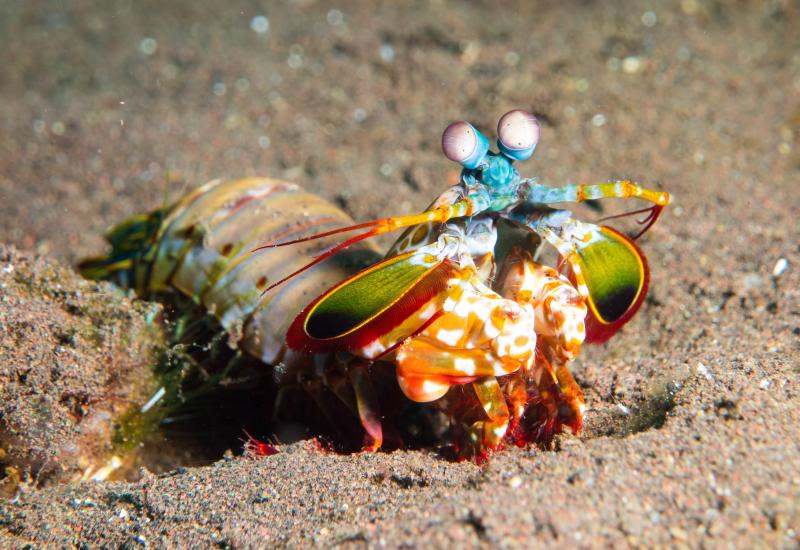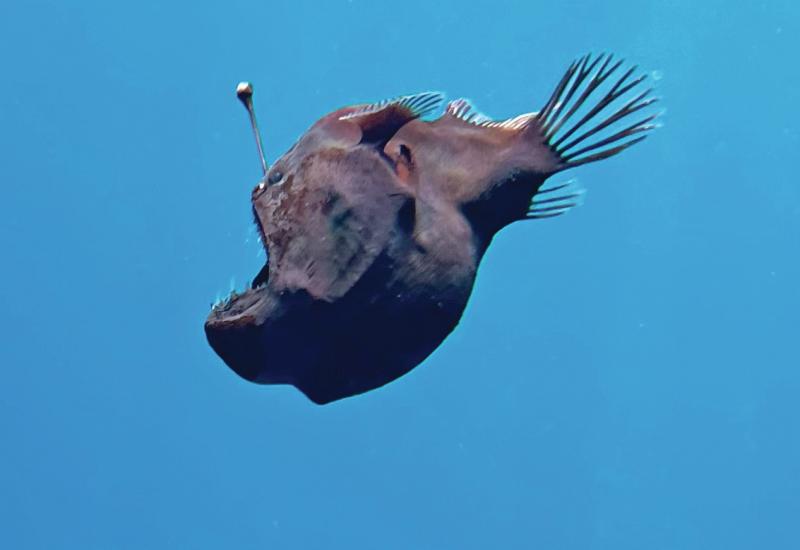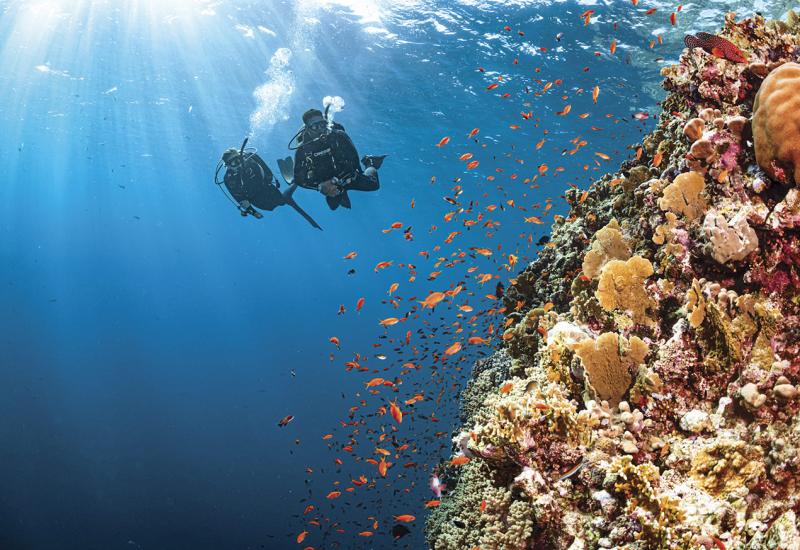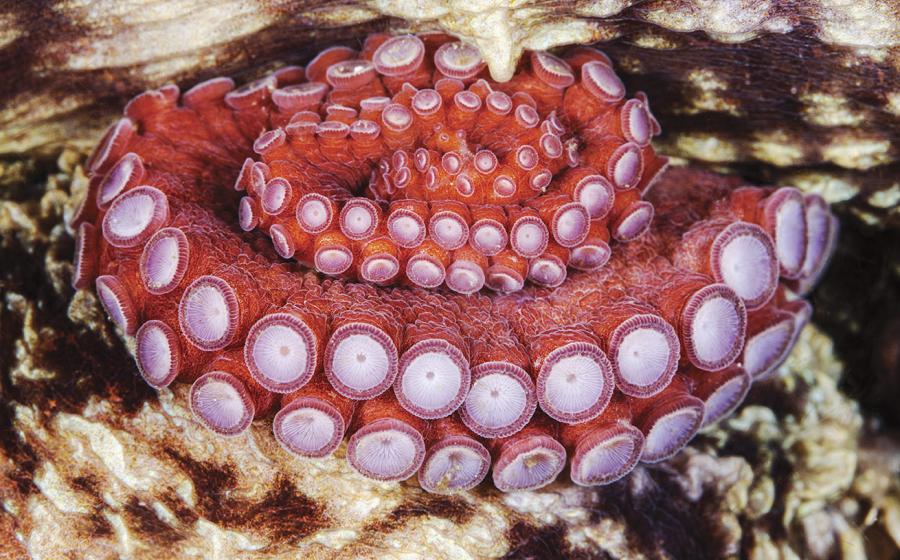Facts About Sharks: Top 5 Myths and Misconceptions Busted
Sharks may seem to be cause for panic when portrayed as bloodthirsty beasts in movies like Steven Spielberg’s Jaws. But it’s important to know the difference between exaggerated myths on the silver screen and facts about these creatures that play crucial roles in the oceans' wellbeing.
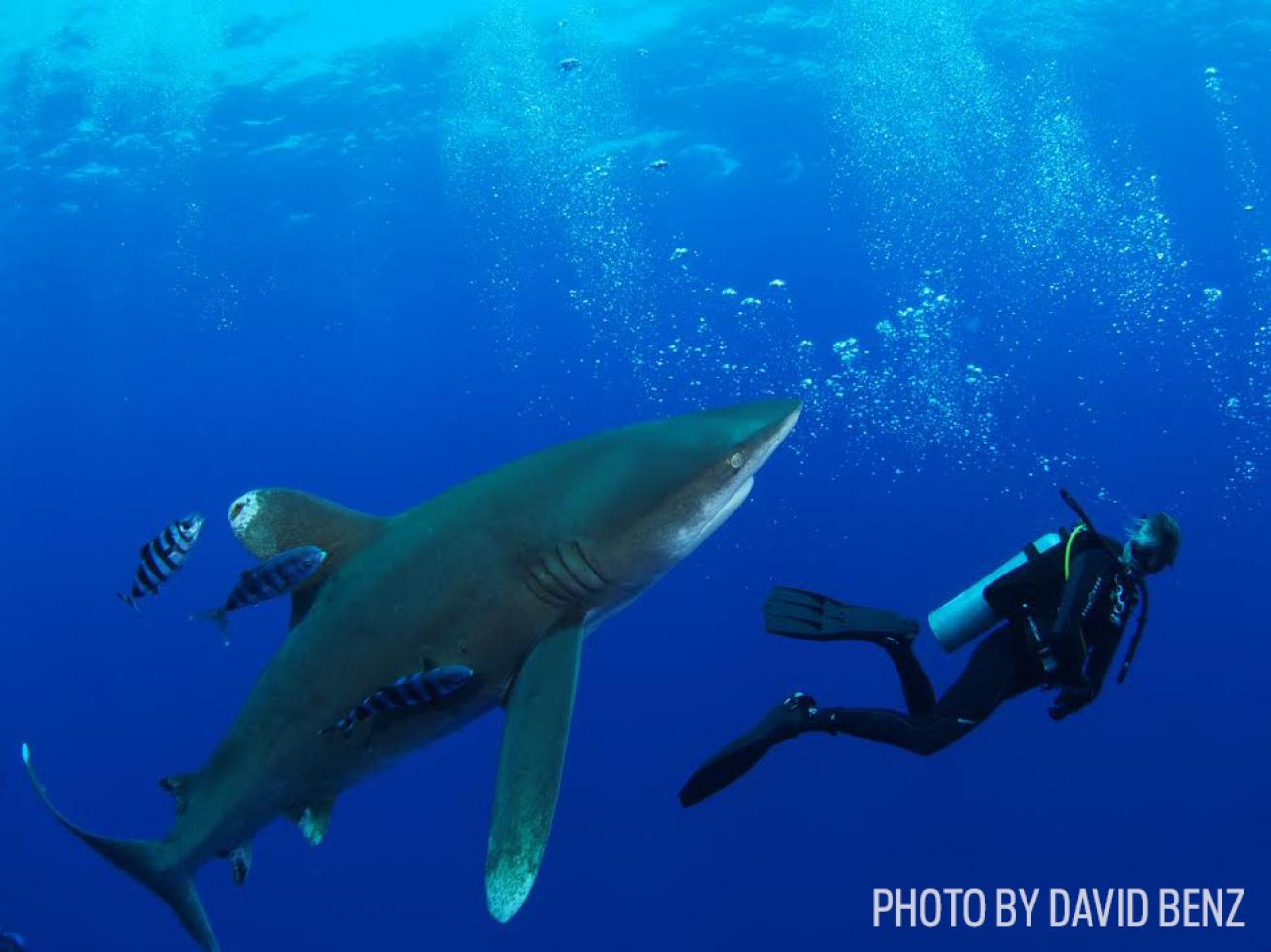
David BenzSHARKS NEED SAVING
Diving with sharks like this oceanic whitetip makes it easy to understand these apex predators, but not everyone has the opportunity. Help educate your friends about the need to protect these apex predators.
To help our fish friends out during Shark Week, we’ve compiled a list of 10 shark misconceptions:
1) Myth: Sharks purposely attack humans
Fact: Sharks actually find humans to be unpleasant to the palate. Attacks happen when a shark mistakes a person as their prey if they’re a similar size, such as when they’re hunting for seals or dolphins.
2) Myth: Sharks don’t matter
Fact: These animals play a large, important role in marine communities to help keep the balance of life. As apex predators, many shark species keep other marine populations in check, and without them fish would overgraze and destroy sections of the ocean.
3) Myth: Sharks attack people frequently
Fact: You are actually more likely to be struck by lightning, be killed by a cow or die from a falling coconut than be killed by a shark. According to Discovery, sharks kill around 6 people per year, where humans kill up to 100 million sharks each year — proving that we’re more of a threat to them than they are to us.
4) Myth: All sharks are big with sharp teeth
Fact: Sharks come in all shapes, sizes and appearances — just like people. The cookiecutter shark, which can grow to 17 inches for males and 22 for females, looks drastically different than a whale shark that can be 41 feet long. While great white sharks have about 300 teeth, which they use to grab and cut down on prey, basking sharks have tiny teeth that they don’t even use for feeding, as they feast on plankton.
5) Myth: Nothing can hurt sharks
Fact: Illegal and unrestricted fishing is negatively impacting shark populations all around the world, as sharks' food sources are declining. Shark populations are also decreasing as the demand for shark fins increases; and being caught as bycatch in trawl nets and longlines doesn’t help either.
Sharks are fascinating creatures. See how they react to music in this video with cage divers.
So what can you do to help these animals that are crucial to our big, blue world? Go beyond just spreading awareness that sharks aren’t out to get us, by taking part in conservation efforts with nonprofits like Project AWARE, Shark Angel, United Conservationists, Shark Savers and the Whale Shark Research Project.
Inspired to grab your camera and get up close and personal with these animals? Check out our photography tips for diving with sharks and where to have the best encounters.
And just in case you’re not convinced sharks help more than they harm, check out 10 things that are deadlier, including the infamous selfie stick.

